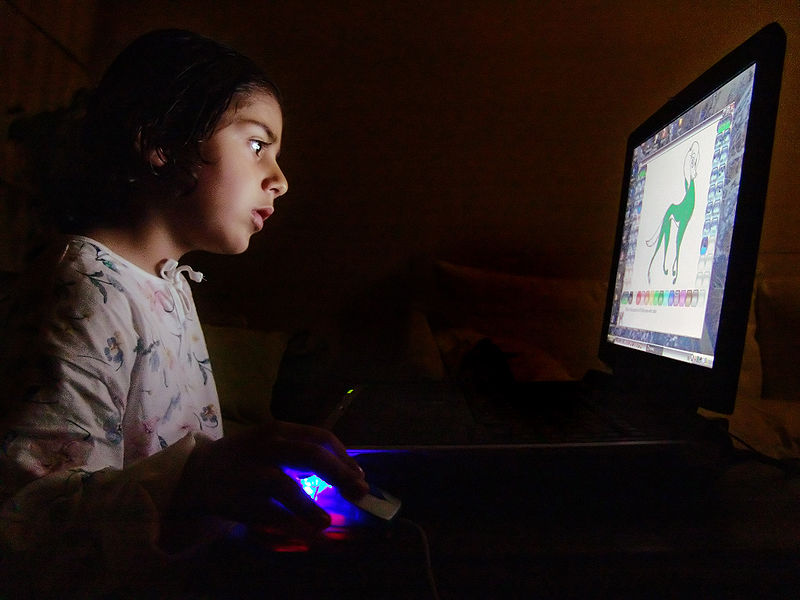
A new toolkit of resources to tackle the key issues relating to children’s internet use is being launched today (26 January 2018) by Global Kids online.
The kit, which comprises illustrative examples and practical guidance, will include new child-friendly materials to help parents and teachers discuss online opportunities and risks with children.
The partnership between the London School of Economics and Political Science (LSE), UNICEF Office of Research-Innocenti and research experts in 11 countries gathered evidence on successful models of using research on children’s internet use for creating better policies, educational programmes, and initiatives for children, parents, and educators.
Commenting, Professor of Social Psychology in the Department of Media and Communications, Sonia Livingstone said:
“Lots of parents are concerned about how their children can get the best from the internet and, especially, how they can avoid the worst of the internet as well. Our research shows that children themselves must take part in the discussion about their online lives, if they are to be part of the solution. This is why we need to talk to parents and educators as well as policy makers, and why we developed these resources.”
Children are using the internet at a younger age and are spending more time online the more available the internet becomes, with at least one in six reporting being bothered or upset by something online over the past year in the several countries researched by Global Kids Online.
The research also found that while most children talk to friends and family when they experience something negative online, some children do not speak to anybody.
Children have an important role to play in the online safety dialogue and can be engaged through a set of activities especially designed by the research team to help parents and educators initiate discussion around online participation.
Jasmina Byrne, Child Protection Specialist with the UNICEF Office of Research-Innocenti explains:
“As children spend more and more time online doing various activities, parents and teachers need to be able to connect to children and to this new ‘digital world’ in ways that show support and understanding of what matters to children.
“Our research shows that the internet is vital for children’s access to information, learning, peer communication, and fun. As adults, we need to be responsive to their needs - both offline and online. The new tools will help measure how research results are taken up by policy makers and practitioners in their efforts to support children.”
Having spent 18 months deploying the growing cross-national evidence base to inform policy and practice in 11 very different countries and internationally, other findings from Global Kids Online include:
- Children rely heavily on smartphones to go online, which makes them more independent users and parental supervision more difficult.
- When online, most often children engage in social, entertainment and learning activities rather than creating online content or engaging civically.
- Children can lack the critical skills to evaluate the reliability of online information, especially at a younger age. Younger internet users also lack the overall digital skills of their older peers and their digital safety skills require support.
Professor Livingstone adds: “The many stakeholders responsible for children’s rights in the digital environment (governments, civil society and the private sector alike) have an important task to formulate policies that are inclusive, balanced and based on solid evidence. At the global level, such evidence is needed to help build a consensus on international standards, agreements, protocols and investments in order to make the internet a safer and better place for children.“